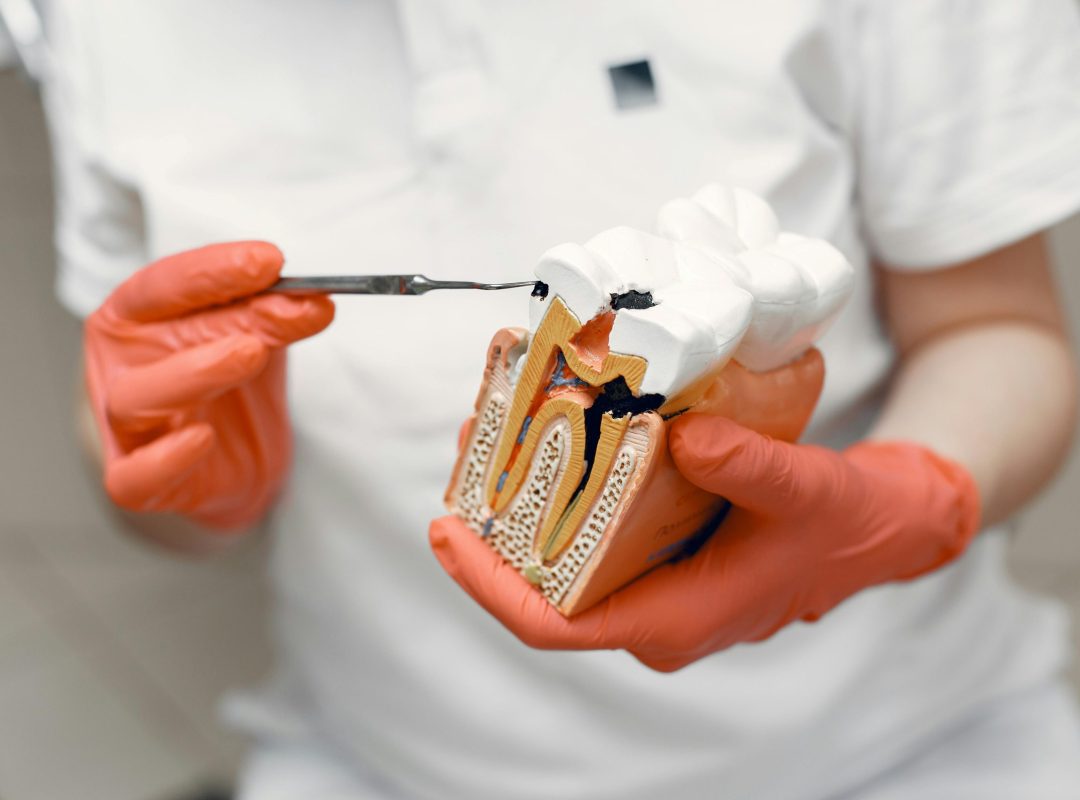Root Canal Treatment


Root Canal Treatment
Endodontic therapy, often known as root canal treatment, is a dental technique used to treat tooth infections. The infected pulp, a delicate tissue made up of blood vessels and nerves, is removed from the root canal, a hollow center, during this procedure. In addition to relieving pain, the procedure protects the tooth from further infections by using a filling material to replace the damaged or infected pulp. An essential dental procedure that protects the original tooth structure and eases the pain brought on by dental diseases is root canal therapy.
Advantages Root Canal Treatment
- Maintaining Dental Health
Learn about the many benefits of root canal therapy. By treating problems in the tooth’s pulp, preventing additional complications, and guaranteeing the long-term health of the tooth and surrounding structures, this technique first and foremost plays a crucial role in maintaining dental integrity. - Restoring Function and Comfort
In addition to preserving, root canal therapy reduces pulp inflammatory pain. Modern methods and anesthetic guarantee patients a comfortable experience while enhancing oral function. - Long-Term, Sustainable Advantages
Selecting root canal therapy guarantees long-lasting advantages, enabling a natural smile and pain-free daily activities. This method offers long-term benefits by reducing the need for major dental operations. - A Cost-Effective Option
Furthermore, getting a root canal is a smart financial decision. By keeping their natural teeth, people can prevent the
Why Do Root Canal Treatment
In order to treat problems like infection or inflammation in the pulp of a tooth, root canal therapy is advised. The pain and discomfort brought on by these illnesses are lessened with this therapy. The tooth is saved and extraction is avoided by extracting the affected pulp.
When dental function is restored with root canal therapy, people can comfortably chew and communicate. By selecting this course of action, one can prevent the possible consequences of untreated pulp problems and promote general oral health.
